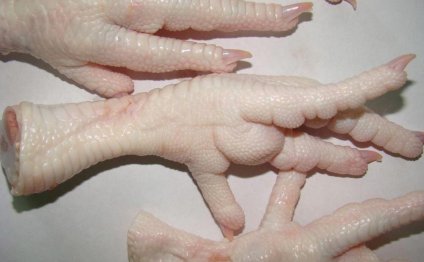
Trade Leads South Africa
The South African economy is characterized by standards similar to those found in developed countries. Its service sector is well established and growing, and the economy is increasingly well managed with slow but steady industrial productivity gains. It has a well-developed physical infrastructure that is comparable to OECD standards. South Africa boasts a sophisticated financial sector with well-developed financial institutions and a stock exchange in Johannesburg (JSE) that ranks among the top exchanges in the world.
South Africa is a vast country covering 1.22 million square kilometers and it is the world’s largest producer of platinum, vanadium, chromium and manganese. Recently, South Africa has seen rapid increases in both inbound and outbound Foreign Direct Investment (FDI). Other quick facts regarding South Africa’s economy and its foreign trade:
- The United States was the third largest source of South African imports in 2007at 9.4 percent, after Germany (17.1 percent) and China (10.2 percent) and ahead of Japan (8.5 percent) Saudi Arabia (6.6 percent), United Kingdom (6.6 percent), and France (5.2 percent).
- U.S. exports rose 23 percent in 2007, and by 18 percent in 2008. (Source: U.S.Census Bureau)
The United States is the second largest portfolio investor in South Africa and the second largest source of foreign direct investment (FDI) in South Africa, after the U.K. (Total U.S. FDI is $6.6 billion with total portfolio investment in South Africa at the end of 2007 amounting to $ 51.6 billion). The mature nature of the South African economy is reflected in the mix of economic sectors:
- primary (including agriculture, fishing and mining): 8 percent,
- secondary: 22 percent; and
- services: 70 percent.
The national retail consumption patterns reflect the disparate nature of the economic status of its citizens, ranging from basic needs (e.g., condensed milk) to high-end durable consumer goods (e.g., SUVs). Over the past five years, South Africa has further integrated into the global trading system by negotiating free trade agreements with the European Union, its neighbors in the Southern African Development Community (SADC), the European Free Trade Association and Mercosur. The Southern African Customs Union (SACU) agreement with Botswana, Namibia, Lesotho, and Swaziland, first established in 1910, has also been renegotiated and ratified by all members. The passage of the African Growth and Opportunity Act (AGOA) has provided duty-free access to the U.S. market for all African countries and resulted in an increase in bilateral trade between the United States and South Africa.
The United States and SACU concluded a Trade, Investment and Development Cooperation Agreement (TIDCA) in July 2008. The U.S. and SACU will use TIDCA as a forum to conclude a range of agreements on various trade facilitation issues and other areas of cooperation.
RELATED VIDEO



Share this Post
Related posts
Markets South Africa
Whether you are looking for bargains in a sprawling flea market or browsing through the stalls at an African fair selling…
Read MoreOECD South Africa
South Africa is one of the many non-member economies with which the OECD has working relationships in addition to its 34…
Read More










